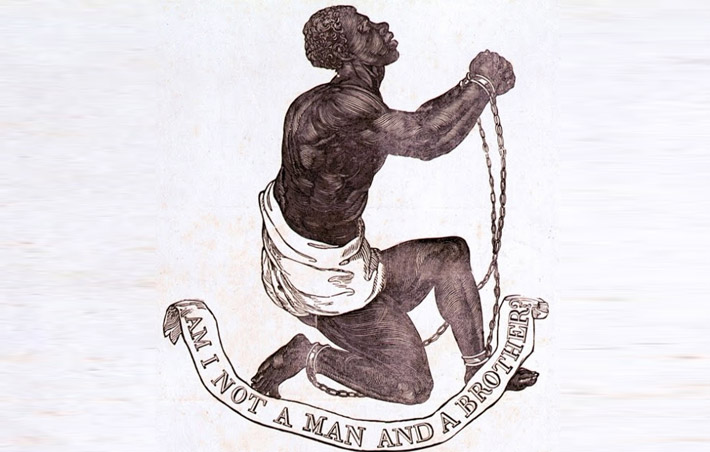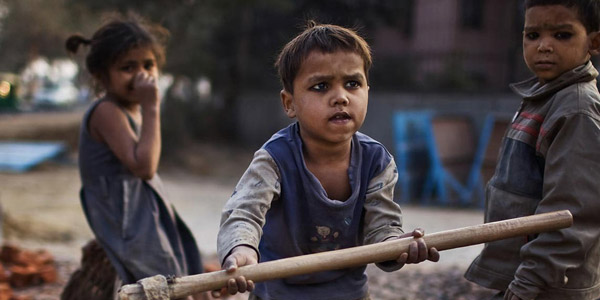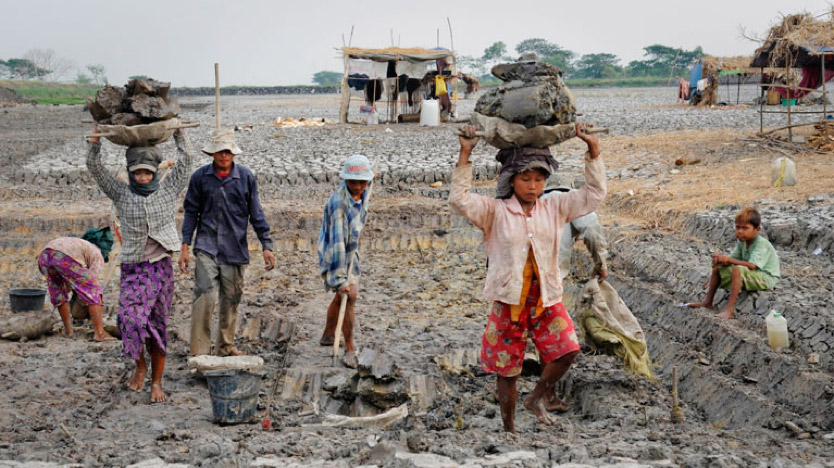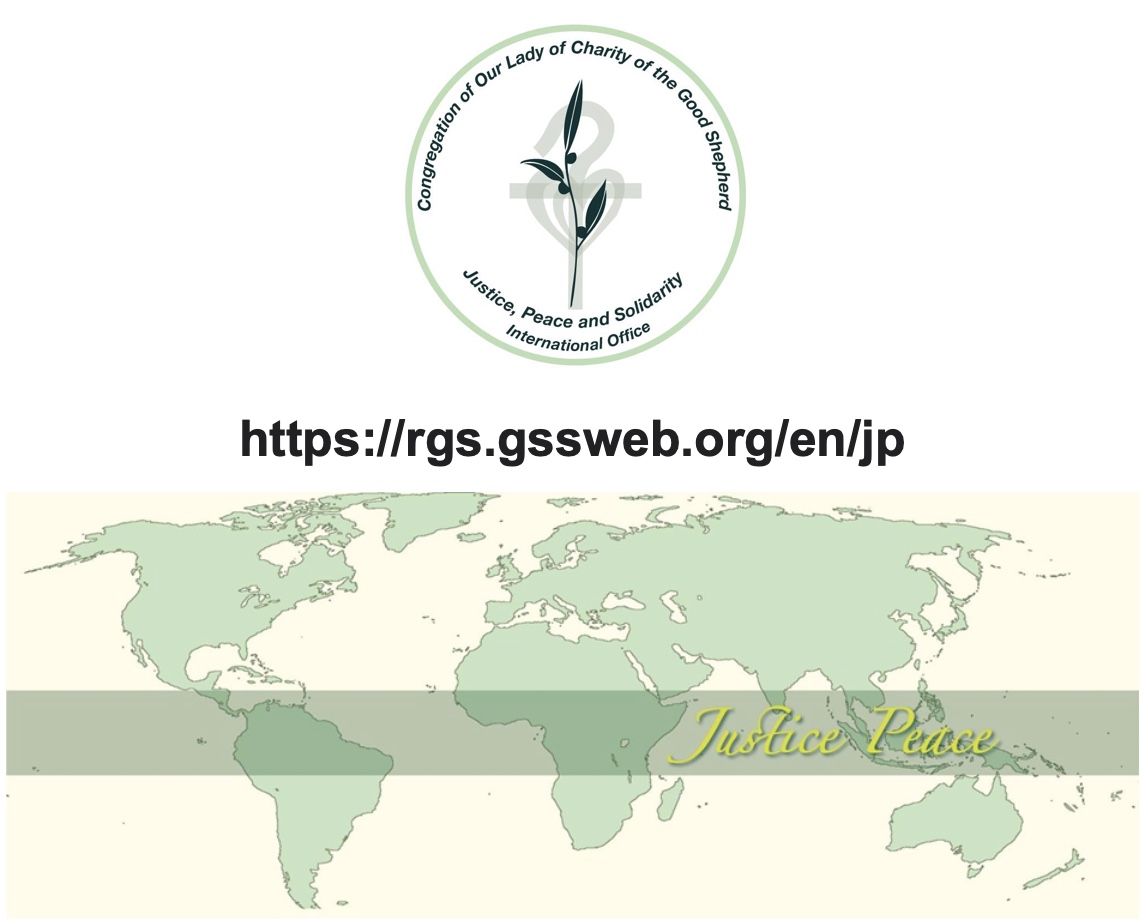
International Day of Remembrance for the Slave Trade and its Abolition
On this inhumane trade the West, even with the complicity of local leaders, has built its economic development full of injustice and inhumanity.
For this reason, our generation also has a moral mission: reconciliation, which will be possible on condition that we make truth about the “triangular trade” that lies at the origin of the underdevelopment of vast areas of the world and of our indifferent opulence.
The abolition of the slave trade refers to the passing, by both national and supranational initiatives,
of laws that banned the slave trade, but not slavery itself.

THE SLAVE TRADE IS AN INHUMAN CRIME WITH A THOUSAND FACES TODAY
- Slavery is not just something of the past. It is a practice that has deep roots. It still exists today in many different forms: human trafficking, exploitation of labour for debt, exploitation of children, sexual exploitation and forced domestic labour are just a few. of the other.
- There are more people in slavery today than at any other time in history. In 2017, there were more than 40 million people worldwide who were victims of modern slavery. Of these, 25 million were in forced labour and 15 million in forced marriage.
- Modern slavery affects every country in the world. The figures on the incidence of modern slavery in the major macro-regions in which the world is divided tell us this: 7.6‰ in Africa; 6.1‰ in South Asia and Asia Pacific; 3.9‰ in Europe, the Middle East and Russia; 3.3‰ in the states of the Arabian peninsula; 1.9‰ in North, Central and South America. – The majority of modern slaves work in sectors such as agriculture, fishing, handicrafts, mining, services and domestic work: about 16 million people. Not forgetting the many, too many child soldiers.
- Modern slavery is a huge business. It generates annual profits of more than USD 150 billion.
- The profits from modern slavery are much, much higher in the industrialised countries than anywhere else in the world: almost 52 billion US dollars a year in Asia and the Pacific countries, and almost 47 billion US dollars a year in the so-called industrialised countries.
- Modern slavery has consequences for everyone. They include lower wages, reduced tax revenues, and the use of economic resources to support the huge legal costs of prosecuting modern forms of slavery.


WE PUT JUSTICE AND RESPONSIBILITY INTO CIRCULATION

